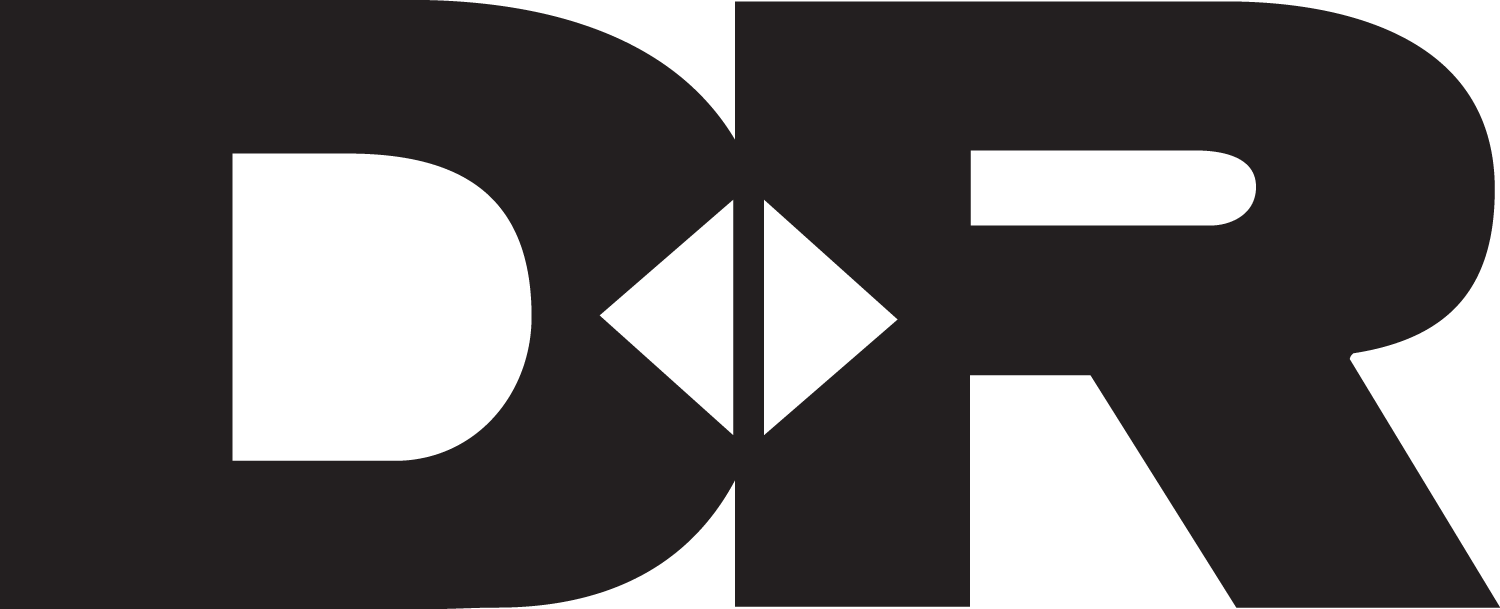The Irrational Economist
Edited by Erwann Michel-Kerjan and Paul Slovic
From the book jacket:
Of the twenty most costly catastrophes since 1970, more than half have occurred since 2001. Is this an omen for the twenty-five century? Most likely. How should we behave in this new, uncertain, and more dangerous environment? Will our actions be rational or irrational? And, what does irrationality actually mean?
The Irrational Economist tackles head-on the issues affecting us when we need to make decisions both in our day-to-day lives and in the face of catastrophic threats such as natural disasters, climate change, technological accidents, financial crises, and human malevolence, which have occurred at an accelerating pace recently.
Distilling the best knowledge from decision sciences, behavioral economics, neuroscience, psychology, management, insurance, and finance, some of the world’s leading pioneers in these fields, including several Nobel laureates, introduce the latest discoveries and thinking that might help us to get our decisions right.
The Irrational Economist also challenges the role of economists and other social scientists in guiding actions—from individual choices to the most consequential societal policy shift.
Available from the publisher, Public Affairs.
Reference: Michel-Kerjan, E., & Slovic, P. (Eds.). (2010). The irrational economist: Making decisions in a dangerous world. New York: Public Affairs Books.


